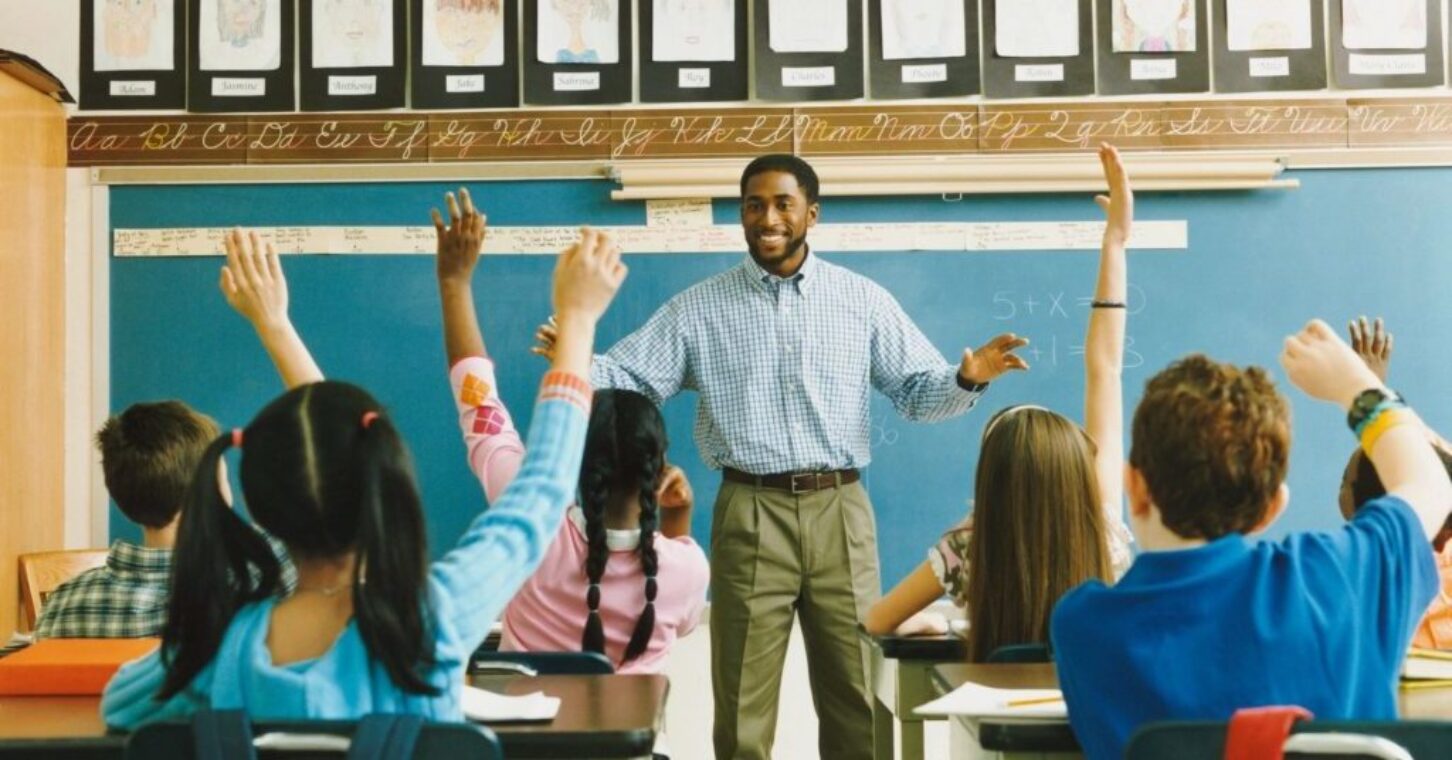
Unfortunately, it seems part of the post-pandemic “new normal” in Georgia is for our educational leaders to continue seeking ways to water down accountability measures and lower expectations.
The latest blow comes via federal acquiescence to the Georgia Department of Education’s request not to report a single score for public schools as part of its College and Career Readiness Performance Index, or CCRPI. Parents are rightly concerned about the pandemic’s lingering fallout for their children’s education, but this maneuver will weaken both accountability and transparency.
Educators have long chafed at the idea of a single score to represent achievement, except when they issue single scores to students at the end of the term. Education, they say, is so much more complicated than that – except, again, when they issue single scores to students at the end of the term. (Although at the rate we’re going, they might try to get rid of those as well.)
That’s why efforts to undermine metrics like the CCRPI, in the name of the pandemic, are so suspect. It just happens to be what many educators wanted before the pandemic.
The alternative to a single score for schools is not a broader set of metrics that help parents gain a fuller picture of how their local schools are serving their children. More likely, it’s a blitz of numbers that (perhaps intentionally) confuses parents. It wouldn’t be the first time a government agency sought to bury meaningful data amid reams of facts and figures in the name of “transparency.”
Worst of all is the apparent point of this exercise:
“We structured our requests to ensure that the 2022 CCRPI is realistic and takes into account the extraordinary circumstances of the last two years,” state schools superintendent Richard Woods wrote in an email to local superintendents, as reported recently by the Atlanta Journal-Constitution. “Our goal is to establish a new baseline, rather than compare your schools’ performance to pre-pandemic norms.”
Read that again: “Our goal is to establish a new baseline, rather than compare your schools’ performance to pre-pandemic norms.”
If that is unclear, allow me to clarify: The result of this change would be to lower standards and expectations across the state precisely because students have fallen behind.
Every parent should find that unacceptable.
The earlier part of the excerpt, referring to “the extraordinary circumstances of the last two years,” is understandable. The last two years certainly have been extraordinarily difficult for teachers, students and parents.
But that is all the more reason for us to measure our progress in overcoming those difficulties, so that we know we are not leaving thousands of children permanently worse-off. How do we do that? By comparing post-pandemic results to pre-pandemic results.
To do otherwise – to accept that fewer students are on grade level, fewer students are reading proficiently, fewer students are prepared for college or a career – is to lower the bar forever. If we believe that education matters, as educators surely do, that would be a tragedy for these students, their future families and our entire society.
After all, why do we measure schools’ performance? We do it because it reflects students’ performance.
“Performance” itself is a sneaky word. It almost sounds as if we are talking about something external to learning: a kind of act, rather than the thing itself.
When we talk about “schools’ performance,” what we mean is an objective measure of whether the students who attend those schools learned what they were supposed to learn, so that they can continue their education, so that they might maximize their potential.
Sometimes that basic truth, and its fundamental importance, gets lost when adults start fretting about whether they’ll look bad based on their “schools’ performance.”
This is such a crucial moment for pandemic-era students. Either we face up to the hard realities of what pandemic policies cost them, or we just grade on a curve from now on and pretend it’ll all be fine.